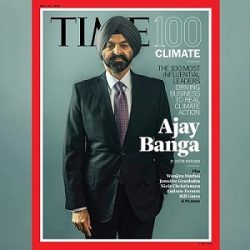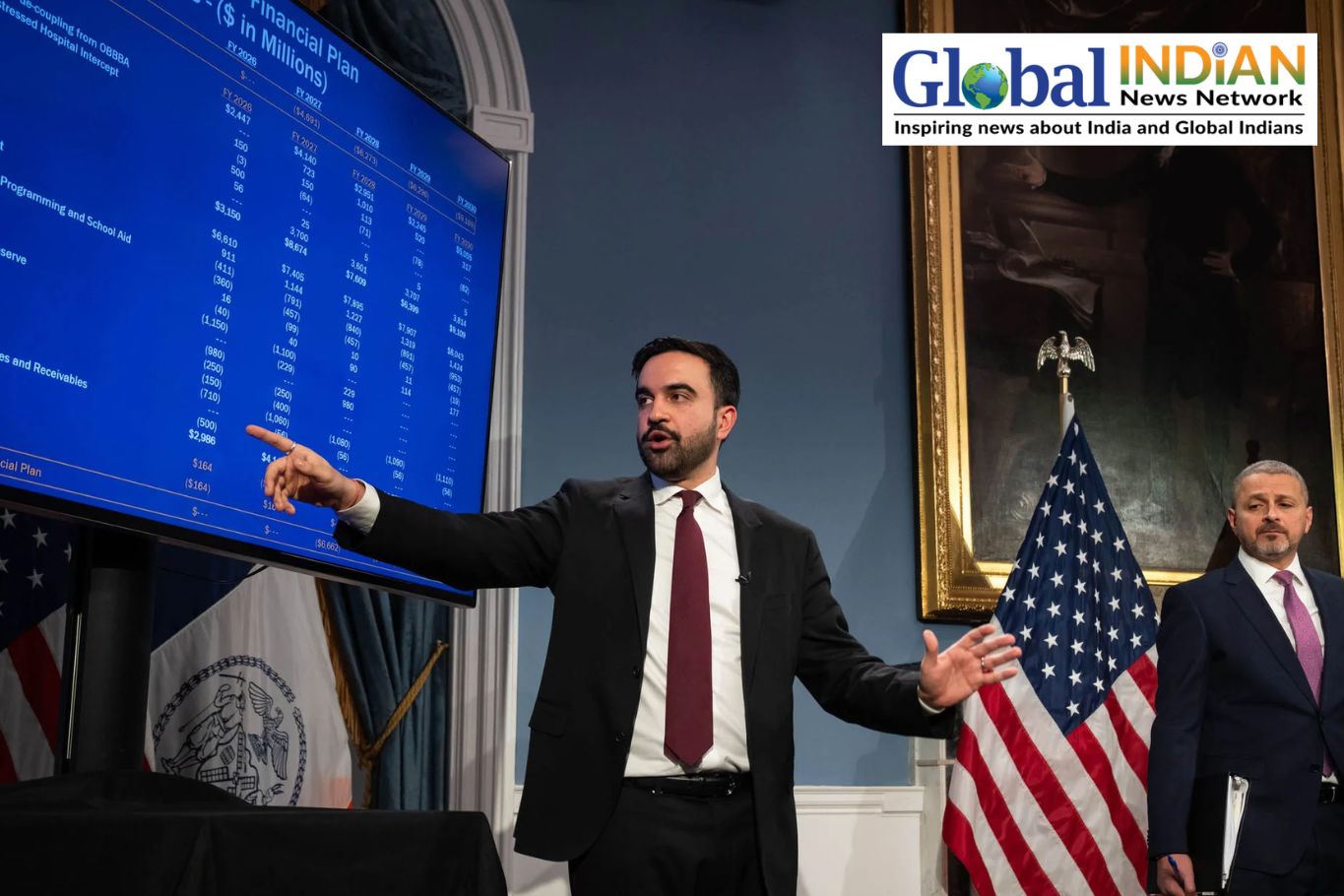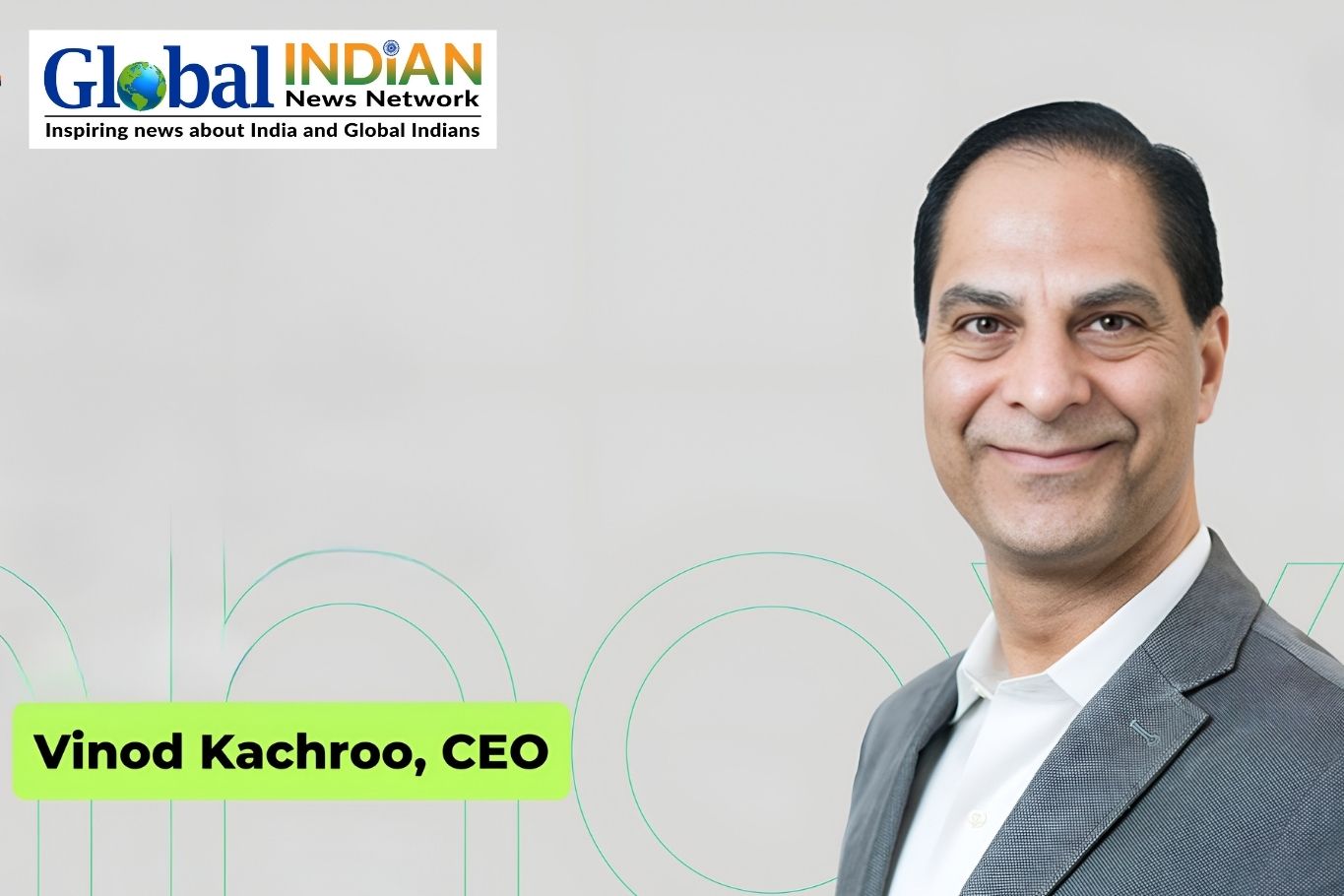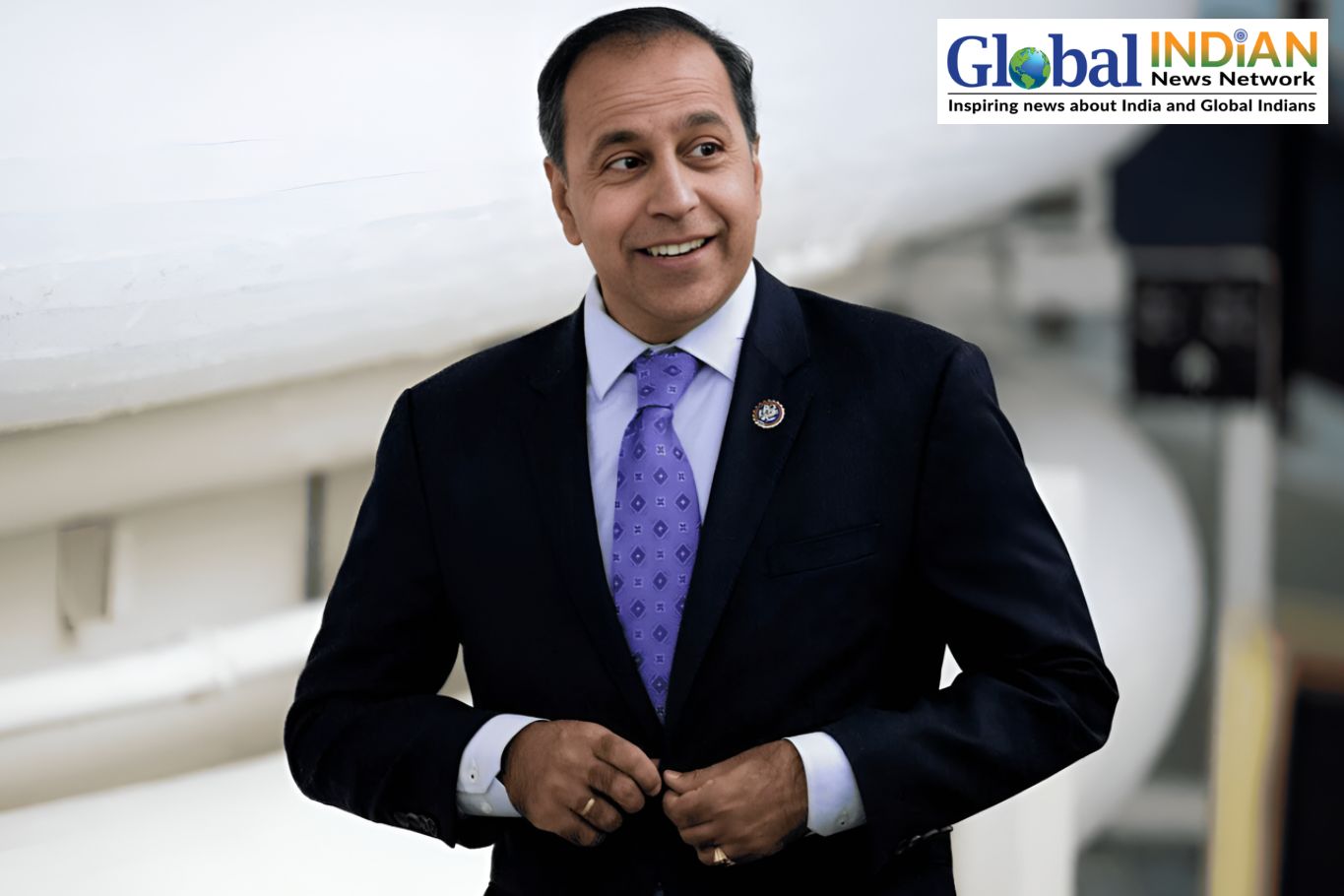
TIME magazine’s 100 most influential climate leaders for 2024 includes Indian Americans Ajay Banga, Gaurav Sant, and Sandeep Nijhawan, recognized for their impactful contributions to climate innovation in business. Joining them are Sumant Sinha, founder of India’s ReNew; Madhur Jain, co-founder of Varaha ClimateAg; and London Mayor Sadiq Khan, highlighting global leaders championing climate solutions.
Ajay Banga, President of the World Bank, has prioritized climate action within the institution’s agenda. Taking office in 2023, Banga has implemented reforms to facilitate private-sector investments in energy transitions across the Global South. By optimizing the World Bank’s lending framework, he has redirected focus on climate-friendly projects integrated into broader development initiatives.
Gaurav Sant, founder of Equatic and Director of UCLA’s Institute for Carbon Management, is advancing carbon removal technology. His company has established North America’s first commercial-scale ocean-based carbon removal facility. The facility enhances carbon trapping in seawater through electrochemical processes and introduces green hydrogen production to make large-scale carbon removal economically viable.
Sandeep Nijhawan, co-founder of Electra, is transforming the iron and steel industry by decarbonizing production processes using renewable energy. Electra’s innovative approach requires operating temperatures as low as a cup of coffee. The company’s pilot plant, launched in March 2024, received $2.8 million from the U.S. Energy Department to support industrial decarbonization.
Sumant Sinha, founder of ReNew, has propelled the company to the forefront of India’s renewable energy sector by building wind and solar plants nationwide. As co-chair of the World Economic Forum’s CEO Climate Leaders Alliance, he works to guide global companies toward decarbonization while advocating for supportive regulations.
Madhur Jain, CEO of Varaha, is incentivizing sustainable farming in South Asia and Africa. Varaha rewards smallholder farmers for adopting regenerative practices that sequester carbon. With over 80,000 farmers and 700,000 acres engaged, the company has prevented 1.7 million metric tons of CO2 emissions, generating high-quality carbon credits for global markets.
Meanwhile, London Mayor Sadiq Khan has championed bold climate policies, including expanding taxes on high-polluting vehicles. Reelected by a significant margin, Khan is committed to achieving net-zero emissions in London by 2030, focusing on energy-efficient housing, reduced car use, and clean transportation initiatives.










